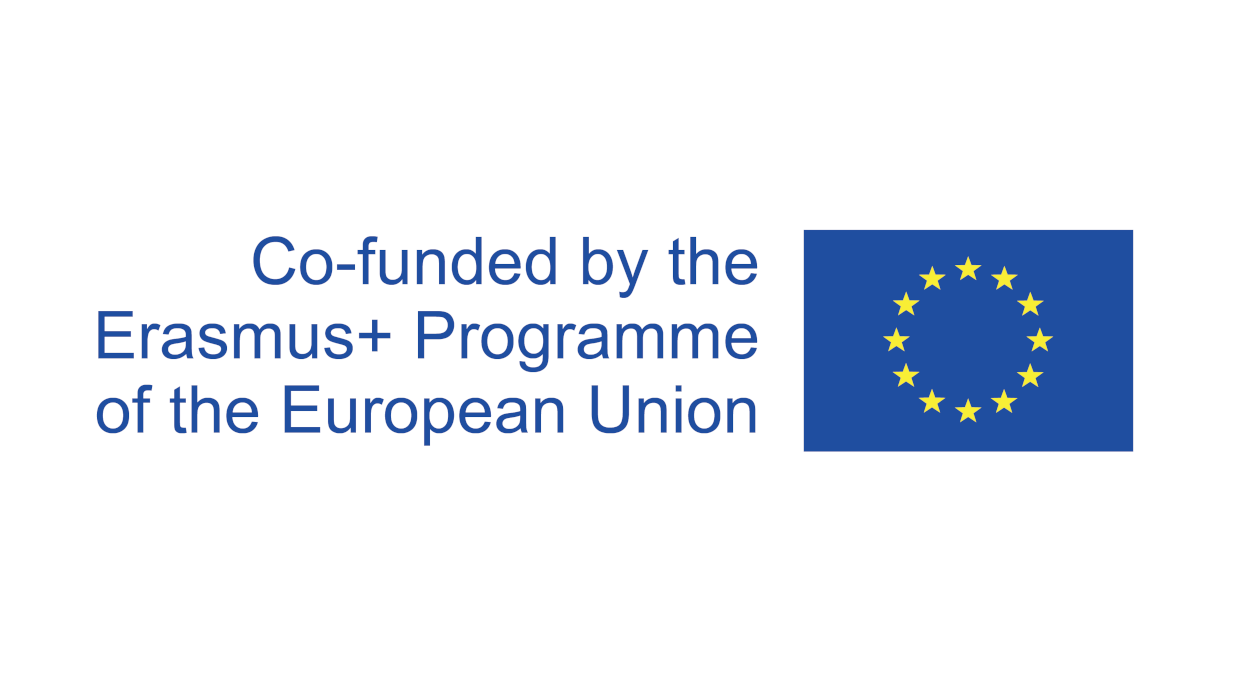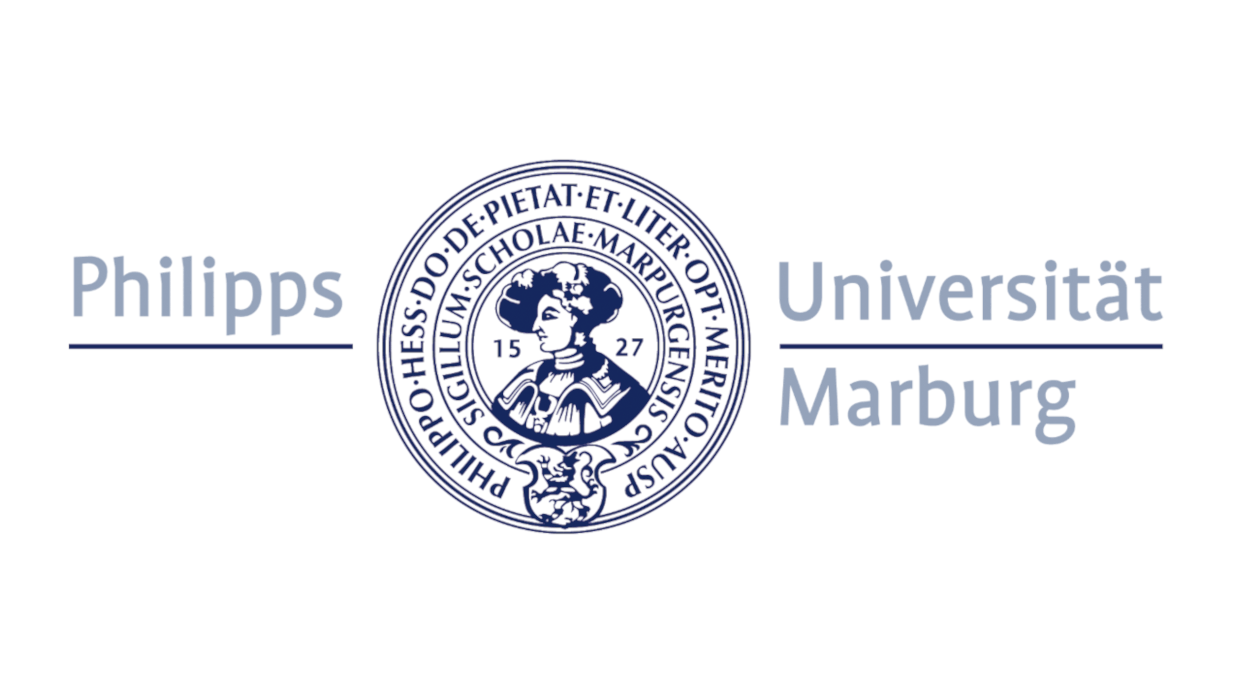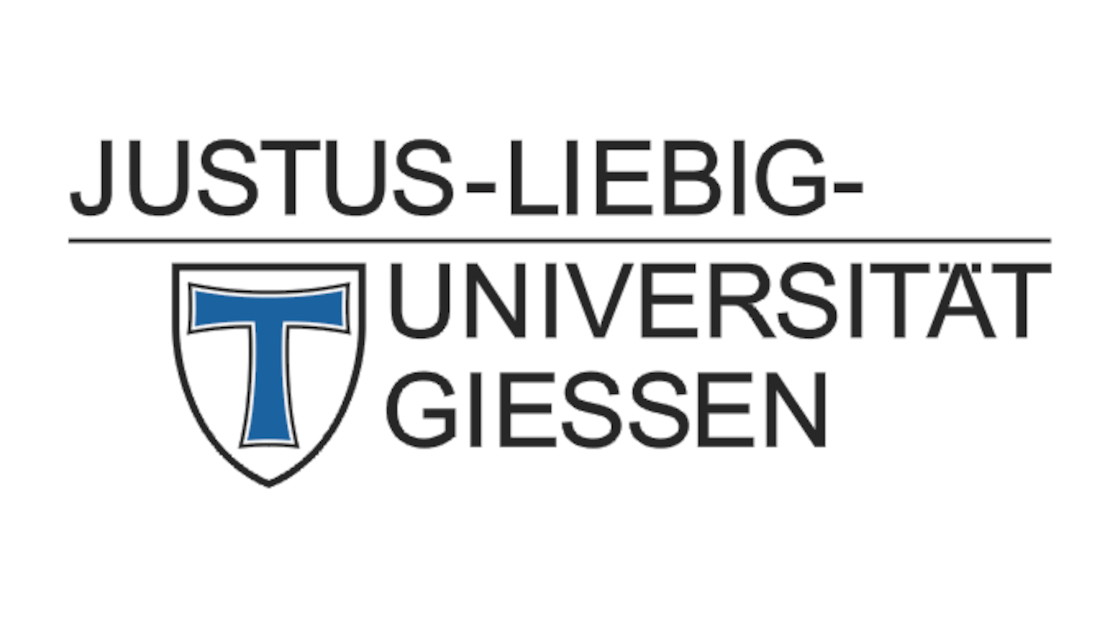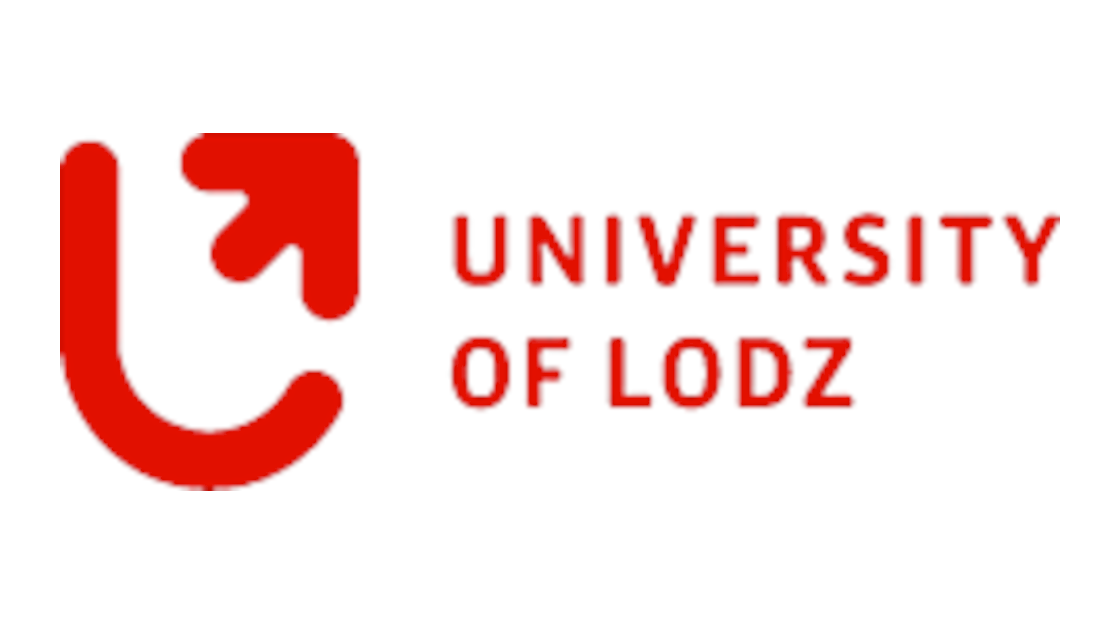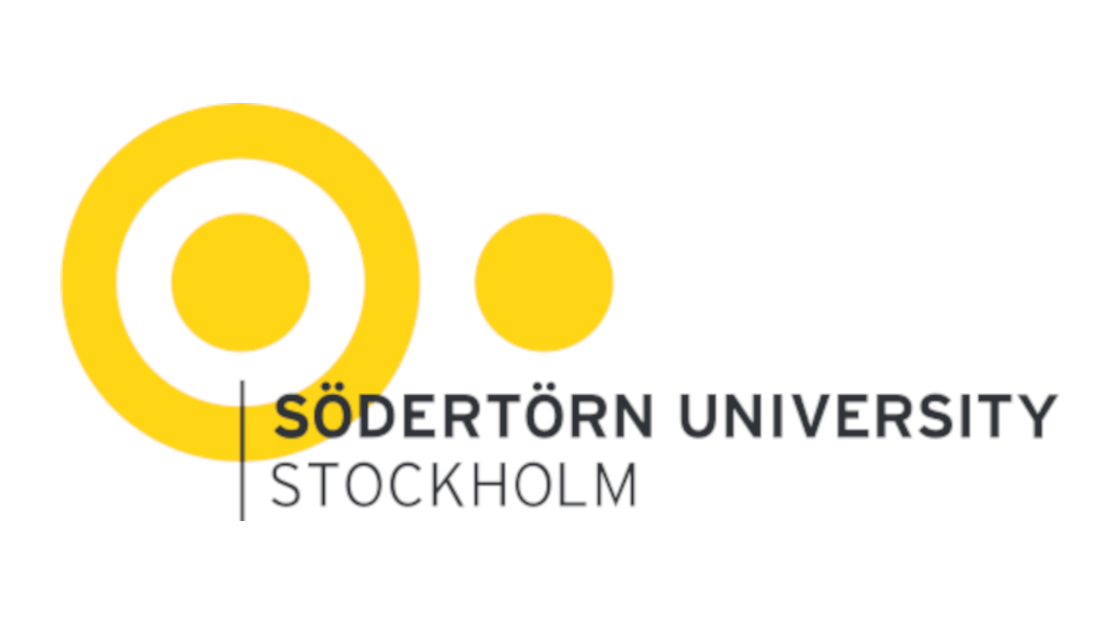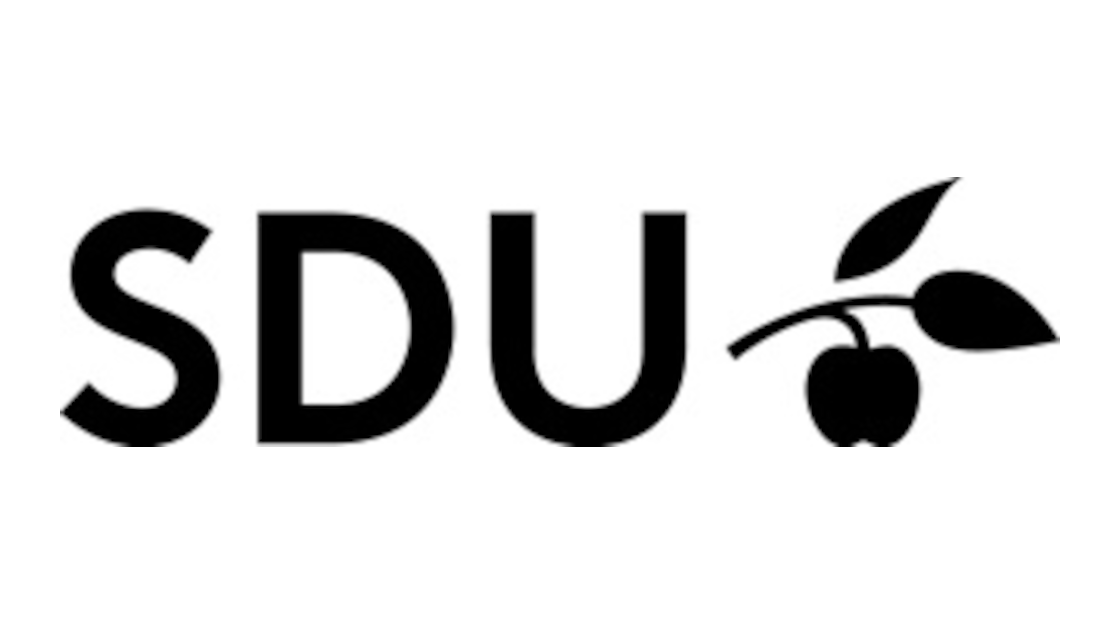Main Content
Meetings during the SHARINPEACE Project

SHARINPEACE relied on in-person meetings of consortium members to discuss project progress and the implementation of key activities, ensuring the cohesive development of Project Results (Work Packages) that build upon one another. To optimise the time commitment of participating staff while maintaining continuity in collaboration, the project included a series of Transnational Project Meetings (TPM1-7) throughout its duration. These meetings were strategically scheduled alongside Learning/Teaching/Training Activities (A1-3) and Multiplier Events (E1-2), maximising the expertise and engagement of both academic and practitioner participants.
Transnational Project Meetings
The Transnational Project Meetings (TPM1-7) of SHARINPEACE were events organised by one of the project's participating organisations with the purpose of project implementation and coordination.
TPM1 – Kick-off Meeting: Start of the Project #1
The first Transnational Project Meeting (TPM1) of the SHARINPEACE project took place online on 11 February 2022, marking the official launch of this Erasmus+ Cooperation Partnership. Participants introduced themselves, shared their expectations, and reviewed the project’s structure and objectives. Work Package (PR1-6) leaders outlined their responsibilities, particularly PR1, which focused on literature reviews and curriculum analysis. Administrative aspects, such as fund distribution, financial reporting, and timesheets, were also discussed to ensure smooth project management. A Steering Committee was formed to serve as the project’s main decision-making body. Organisational tools, including the shared platform Hessenbox, were introduced for collaboration and file sharing. The project timeline was reviewed, aligning expectations across all partners. Despite being online, the meeting successfully laid the foundation for the project’s implementation.
TPM2 – Kick-off Meeting: Start of the Project #2
The second Transnational Project Meeting (TPM2) was held in person on 27 June 2022 at the University of Marburg, coinciding with Learning/Teaching/Training Activity A1. This marked the first physical gathering of the consortium, strengthening collaboration. Administrative discussions covered project resource management, budget control, timesheet requirements, and employer certification procedures. The team reviewed the Quality Assurance Plan (QAP) and Risk Mitigation Plan, ensuring transparency in monitoring progress and addressing potential challenges. A key focus was on PR1, with Marburg and Belgrade presenting updates on literature reviews and curricula research. The project timeline was updated, aligning future milestones with strategic objectives. Participants also engaged in best practice sharing, reinforcing the project’s commitment to quality and efficiency. The face-to-face format facilitated in-depth discussions and strengthened inter-institutional relationships.
TPM3 – Organising the Pilot and Teaching Material
The third Transnational Project Meeting (TPM3) took place on 9 February 2023 at the University of Lodz in a hybrid format, with most participants attending in person and Odense joining online. The meeting focused on PR2 and PR3, addressing stakeholder engagement and syllabus development. Discussions covered focus groups, surveys with students and educators, and interviews with policy/peace practitioners. Theoretical foundations, particularly the local turn in peacebuilding, were examined in relation to the SHARINPEACE curriculum. Administrative aspects, including financial rules, timesheets, and compliance with Erasmus+ guidelines, were reviewed to ensure consistency across partners. The meeting doubled as a Steering Committee session, updating the project’s timeline and key deliverables. Despite logistical challenges, the meeting reinforced collaborative efforts and refined the conceptual framework for integrating human rights into peacebuilding education.
TPM4 – Mid-term Meeting
The fourth Transnational Project Meeting (TPM4) was held on 29 May 2023 at Södertörn University in Stockholm. This was the first meeting attended by all partners in person, fostering deeper collaboration. A mid-term review assessed progress, particularly in PR4, evaluating achievements and addressing challenges. A key decision was made to use Microsoft Teams for the first pilot and WorkAdventure and Mattermost for the second, enhancing the simulation experience. The meeting featured an exhibition-style session where Work Package leaders presented their progress through posters, encouraging interactive discussions. Scheduling and participation strategies for the Crisis Intervention Simulation (CRIS) pilot were finalised, ensuring broad student engagement. Administrative matters, including financial reporting and project coordination, were reviewed. The updated project timeline aligned with key milestones, providing a clear roadmap for the next phase.
TPM5 – Evaluating the Pilot Events #1
The fifth Transnational Project Meeting (TPM5) took place from 24 to 26 June 2024 in Belgrade at Faculty of Media and Communication (Singidunum). This meeting focused on evaluating the first pilot of the SHARINPEACE module and preparing for the second iteration. Administrative discussions addressed finalising the GANTT chart, updating financial records, and planning the upcoming Multiplier Event (E1). The Policy Brief and final academic publication were reviewed, ensuring alignment with dissemination objectives. A detailed analysis of the first CRIS pilot was conducted, drawing on feedback from participants and evaluators to improve the next iteration. A Memory Walk through Belgrade provided historical insights relevant to the project’s themes. Discussions on sustaining the module beyond the project’s formal conclusion explored avenues for continued implementation and collaboration. The meeting reinforced the importance of iterative learning and adaptive strategies.
TPM6 – Evaluating the Pilot Events #2
The sixth Transnational Project Meeting (TPM6) took place from 12 to 13 September 2024 at the University of Southern Denmark in Odense. Key discussions focused on administrative finalisation, including budgetary matters, certificates of employment, and the final project report. The draft Policy Brief, a crucial dissemination output, was reviewed and refined to effectively communicate SHARINPEACE’s findings to policy/peace practitioners. A collaborative writing session advanced the final academic publication, ensuring comprehensive documentation of project insights. Plans for a participant focus group were introduced to collect feedback from pilot students, enhancing the Policy Brief and academic article. An in-depth review of the second CRIS pilot was conducted, identifying areas for improvement in linking human rights and peacebuilding. The final Multiplier Event (E2) was planned, solidifying the project’s dissemination strategy. A guided city tour complemented the discussions, providing cultural context to the meeting.
TPM7 – Dissemination and Publication
The seventh Transnational Project Meeting (TPM7) was held on 16 October 2024 at Justus Liebig University in Giessen. This final meeting focused on wrapping up the project and ensuring effective dissemination. Discussions covered publication strategies, conference presentations, and the sustainability of SHARINPEACE’s outputs beyond the project’s duration. Administrative matters, including final reporting obligations and financial documentation, were reviewed to ensure compliance with Erasmus+ requirements. A comprehensive update of project reports was conducted, aligning final documentation with intended deliverables. The meeting coincided with the final SHARINPEACE conference (Multiplier Event E2), offering a platform to showcase the project’s achievements. Reflecting on the project’s progress, partners explored future collaboration opportunities. A closing session and dinner provided an opportunity for participants to celebrate the successful completion of SHARINPEACE.
Multiplier Events
Multiplier Events brought together different types of stakeholders important for the SHARINPEACE project. These events were important to discuss and disseminate the activities and results of the project.
E1 – Human Rights and Peacebuilding: Connecting the Dots
The first Multiplier Event (E1), "Human Rights and Peacebuilding: Connecting the Dots," took place online on 12 April 2024 and was hosted by Södertörn University. The event brought together six policy/peace practitioners, one student, and twelve project team members to discuss the integration of human rights into peacebuilding education at universities. It began with a presentation of the SHARINPEACE project and the Crisis Intervention Simulation (CRIS), followed by student reflections on the pilot course. Participants highlighted the strengths of the course, including its interactive engagement with practitioners and its capacity for in-depth conflict analysis. However, students noted areas for improvement, such as the need for mediation training and broader geopolitical context in simulations. The discussion centred on the conceptual role of human rights within peacebuilding, with participants advocating for more practical, context-sensitive educational approaches. Emphasis was placed on fostering rule of law, supporting non-state actors, and addressing the root causes of conflict. The event underscored the necessity of bridging theory with practice and incorporating practical tools into human rights education.
E2 – Didactic Innovations in Peace and Conflict Research
The second Multiplier Event (E2), "Didactic Innovations in Peace and Conflict Research," was held on 17 October 2024 at Justus Liebig University in Giessen. This academic conference attracted 31 participants from German institutions and one international participant, alongside representatives from civil society organisations. The event highlighted the importance of cross-institutional collaboration in advancing human rights and peacebuilding education. The keynote speech, delivered by Stéphane Voell, focused on the SHARINPEACE project and the role of CRIS in experiential learning. The simulation was presented as a method of “reality-based learning” that enhances students’ ability to engage with conflict dynamics and negotiation processes. A panel on didactic innovations examined the impact of simulations like SHARINPEACE and Model United Nations, debating their ability to engage students while also acknowledging their limitations. Another roundtable discussion explored non-formal education for peacebuilding, emphasising its role in complementing university-based training. The event concluded with a call for integrating interdisciplinary approaches into human rights and peacebuilding curricula, reinforcing universities’ roles as key actors in global conflict resolution education.
Learning/Teaching/Training Activities
Learning, Teaching, and Training Activities (LTTAs) in Erasmus+ Cooperation Partnership projects serve to enhance the exchange of knowledge, skills, and best practices among project partners. These activities strengthened the implementation of project outcomes by fostering collaboration, improving pedagogical approaches, and ensuring the practical application of newly developed methodologies in diverse educational and institutional settings.
A1 – Learning/Teaching/Training Activity
The first Learning/Teaching/Training Activity (LTTA A1) took place from 27 to 29 June 2022 at the University of Marburg’s Center for Conflict Studies. It focused on competence-based curriculum development, aiming to integrate human rights and peacebuilding into a European-wide academic module. Key discussions, led by Thorsten Bonacker, centred on incorporating the “local turn” in peacebuilding, ensuring relevance to real-world challenges. A session on role-playing and simulations in peace education, led by Kerstin Zimmer, examined the benefits and limitations of using real versus fictional case studies. Participants debated these pedagogical approaches to ensure effective engagement with students from diverse backgrounds. The final day was dedicated to developing Intended Learning Outcomes, facilitated by Philipp Lindenstruth, to shape the module's structure. The LTTA concluded with a summary of discussions and next steps, reinforcing collaboration among project partners. This meeting played a foundational role in establishing SHARINPEACE’s academic framework.
A2 – Learning/Teaching/Training Activity
The second LTTA (A2) was held from 9 to 11 February 2023 at the University of Lodz and focused on best practices in online teaching. Led by Magdalena Rekść, the sessions addressed lessons from the COVID-19 pandemic and strategies for effective online learning. A key outcome was the decision to adapt existing e-learning tools rather than develop a new IT platform, informed by technical consultations with Lodz’s IT specialists. A presentation by Anna Fligel introduced the concept of Global Peace Philosophy, providing a theoretical foundation for integrating peacebuilding and human rights. The Student Advisory Board’s establishment was also discussed, highlighting its role in bridging student input with project objectives. The core focus remained on optimising the online implementation of CRIS, with a session moderated by Stéphane Voell addressing logistical and technological challenges. The final day concentrated on developing online learning materials and refining the module’s digital format. The meeting concluded with a historical tour of Lodz, fostering networking and collaboration among participants.
A3 – Learning/Teaching/Training Activity
The third LTTA (A3) was hosted by Södertörn University in Stockholm from 29 to 31 May 2023, focusing on evaluating academic modules and study programmes. Johanna Mannergren opened the meeting with discussions on measuring learning progress and aligning evaluations with international educational contexts. Participants exchanged best practices from consortium universities, ensuring assessments accommodated diverse student backgrounds. A highlight was a presentation by Anastasiia Chupis, a scholar at risk from the University of Zaporizhzhia, who shared insights on online learning in conflict-affected regions. This sparked reflections on refining CRIS to better support students in similar circumstances. A session led by Stéphane Voell explored evaluation tools for CRIS, ensuring feedback mechanisms aligned with intended learning outcomes. Plans for the upcoming CRIS pilot were updated, including the integration of NGO participants and practitioner interviews. The meeting concluded with a visit to the Nobel Prize Museum, reinforcing the project’s commitment to innovative education. This LTTA strengthened the evaluation framework for SHARINPEACE’s curriculum.
